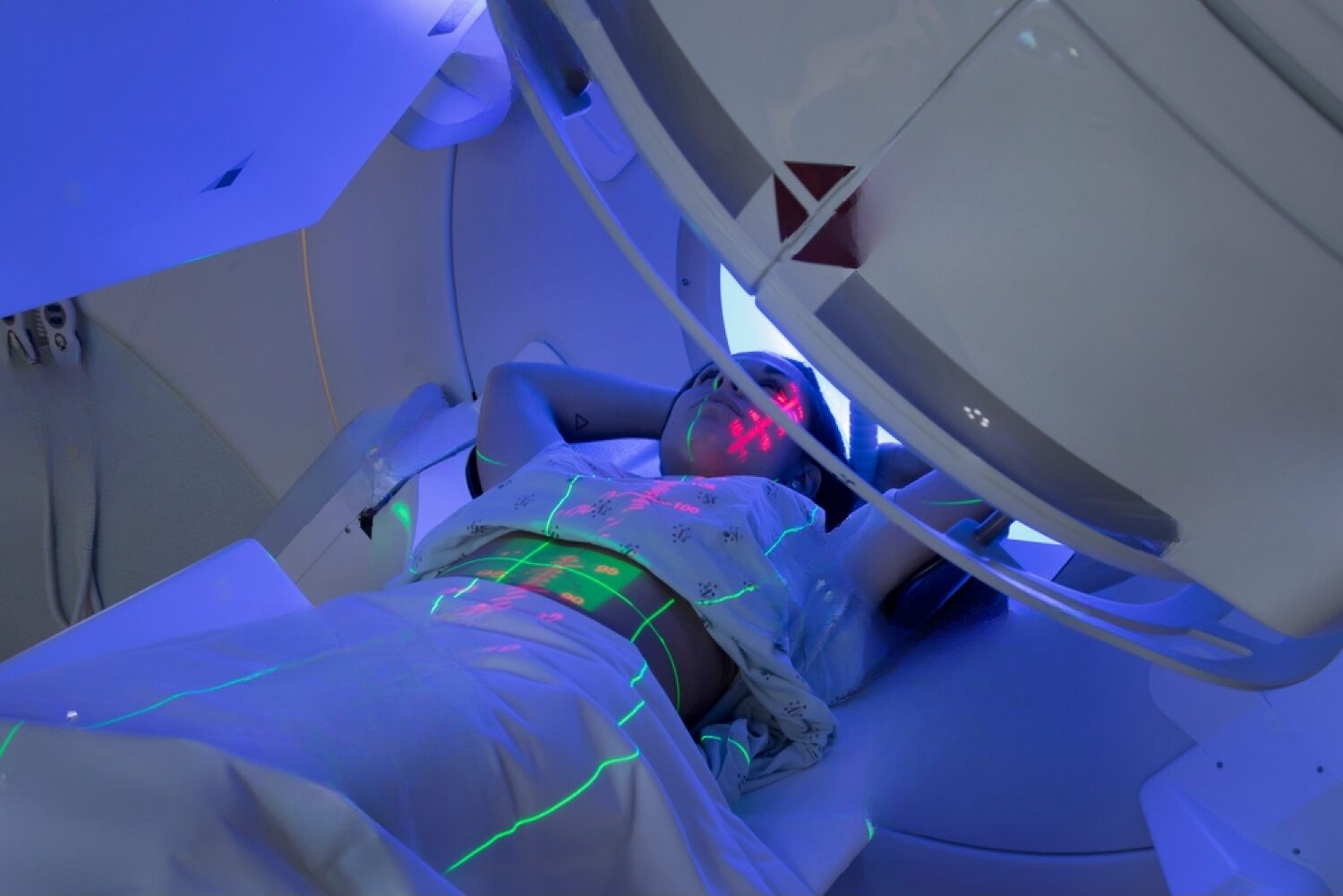Clinicians classify four stages of cancer, depending on the advancement of the disease. Chemotherapy can be used at any stage of cancer, from IA/IB to IV.
The nature of chemo varies according to the type of cancer the patient has. Doctors may recommend that breast cancer patients receive chemotherapy if they find early-stage tumors in the lymph nodes. They may also recommend chemo for stage IV metastatic cancer, where cancerous cells have spread to other parts of the body.



